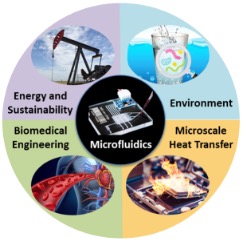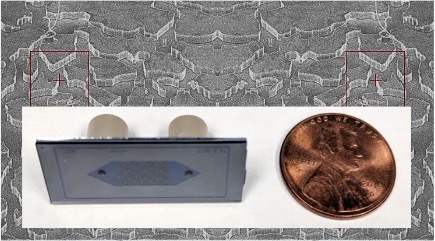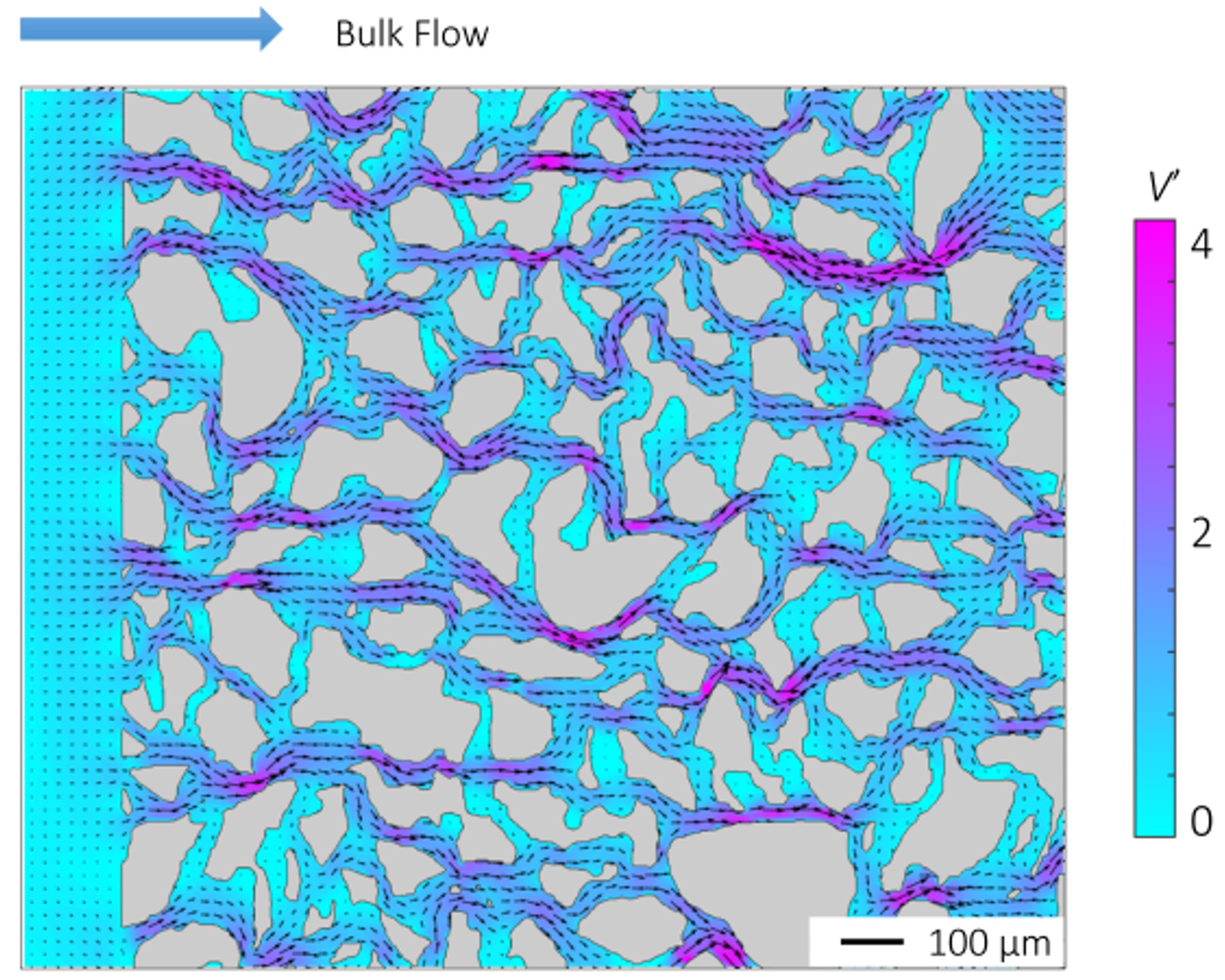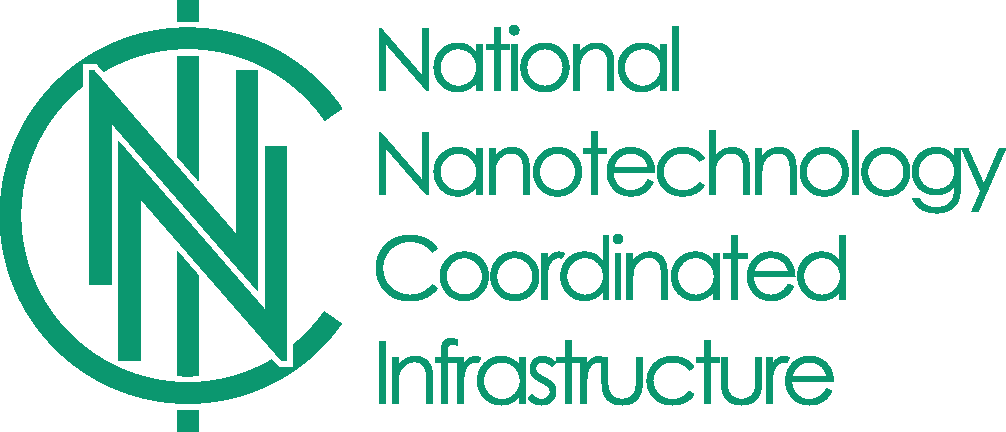Dr. Yaofa Li's Lab
Have you ever wondered how water can possibly flow in microchannels, in tight rocks
and in your blood vessels? These pathways for water to flow are even smaller than
your hair! We are looking for highly motivated undergraduate researchers to work with
us to study single and multiphase flows in microchannels. Applications of the studies
include oil recovery, groundwater and greenhouse gas mitigation. You will be exposed
to microfabrication, microfluidics and state of the art flow diagnostics. Preference
will be given to students in Mechanical Engineering. Pre-requisite EGEN 335.  Our lab is called the Microfluidics Lab for Energy and Flow Transport (M-LEFT). At
the M-LEFT, we are passionate about developing novel experimental studies of thermal-fluid
problems primarily at small scales with broad applications in energy, water, and the
environment. We take advantage of non-intrusive optical diagnostics, such as Fluorescent
Microscopy (FT), Microscopic Particle Image Velocimetry (micro-PIV) and Laser-Induced
Fluorescence (LIF) to characterize thermal and mass transport in microscale evaporative
heat transfer, multiphase flow and porous media flows. We are also interested in designing
and fabricating microfluidic devices with applications in pressure, flow and thermal
sensing. Feel free to check out our work and let us know if you have any questions:
https://www.montana.edu/m-left/
Our lab is called the Microfluidics Lab for Energy and Flow Transport (M-LEFT). At
the M-LEFT, we are passionate about developing novel experimental studies of thermal-fluid
problems primarily at small scales with broad applications in energy, water, and the
environment. We take advantage of non-intrusive optical diagnostics, such as Fluorescent
Microscopy (FT), Microscopic Particle Image Velocimetry (micro-PIV) and Laser-Induced
Fluorescence (LIF) to characterize thermal and mass transport in microscale evaporative
heat transfer, multiphase flow and porous media flows. We are also interested in designing
and fabricating microfluidic devices with applications in pressure, flow and thermal
sensing. Feel free to check out our work and let us know if you have any questions:
https://www.montana.edu/m-left/


What you will learn: You will get the opportunity to learn microfluidics and microfabrication techniques such as photolithography and softlithography, which are widely used in semi-conductor industry.
You will be exposed to state-of-the-art flow diagnostic techniques, such as fluorescence microscopy and particle image velocimetry.
You will get the opportunity to apply what you learn in class directly to some real scientific experiments.
Who should join: We welcome students who are with diverse background, curious, motivated, responsible, and able to do careful work with careful documentation. Preference will be given to students in Mechanical Engineering. And a pre-requisite of EGEN 335 (Fluid Mechanics) is needed. Please contact Dr. Li (yaofa.li@montana.edu) to learn more.


